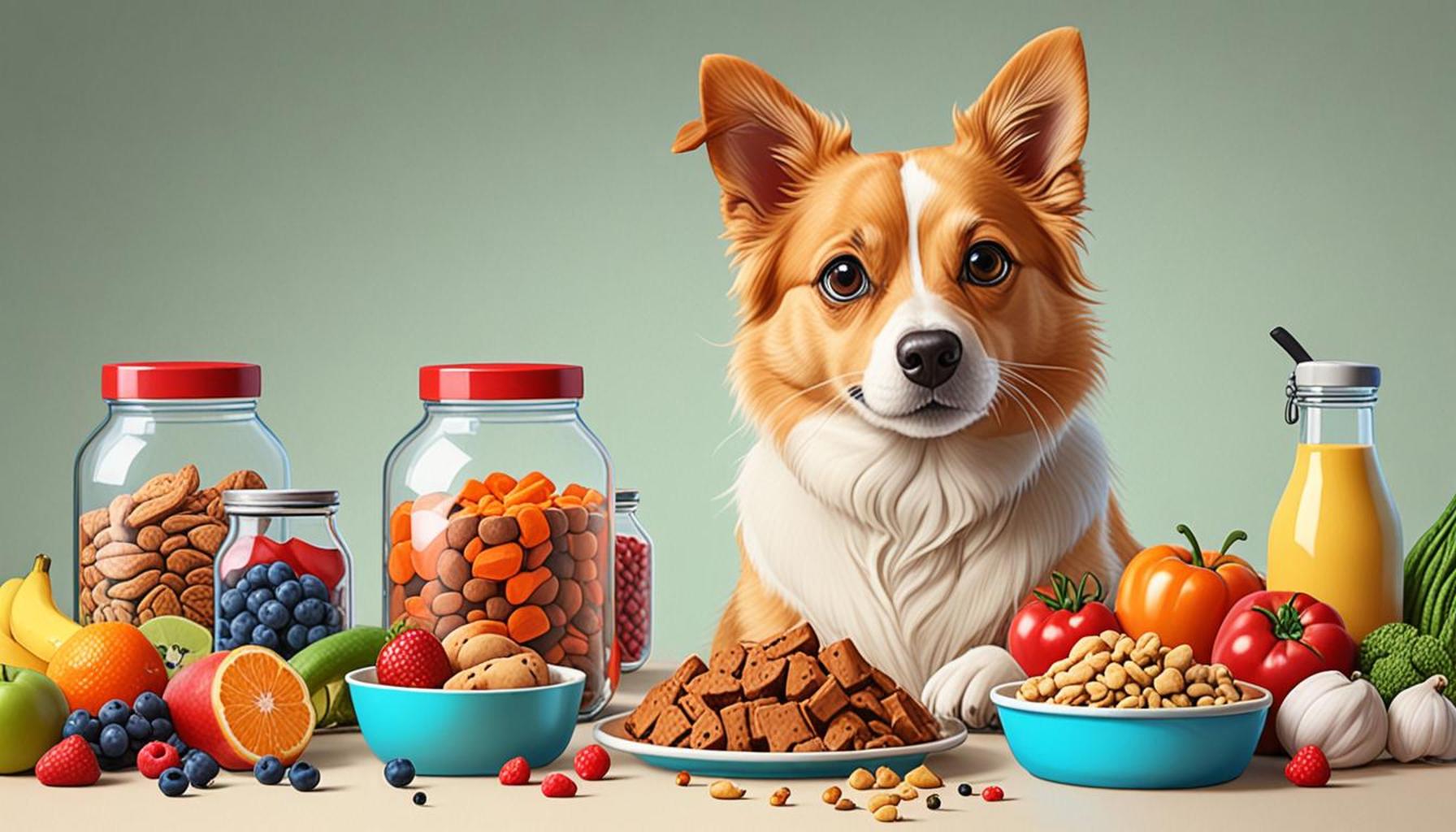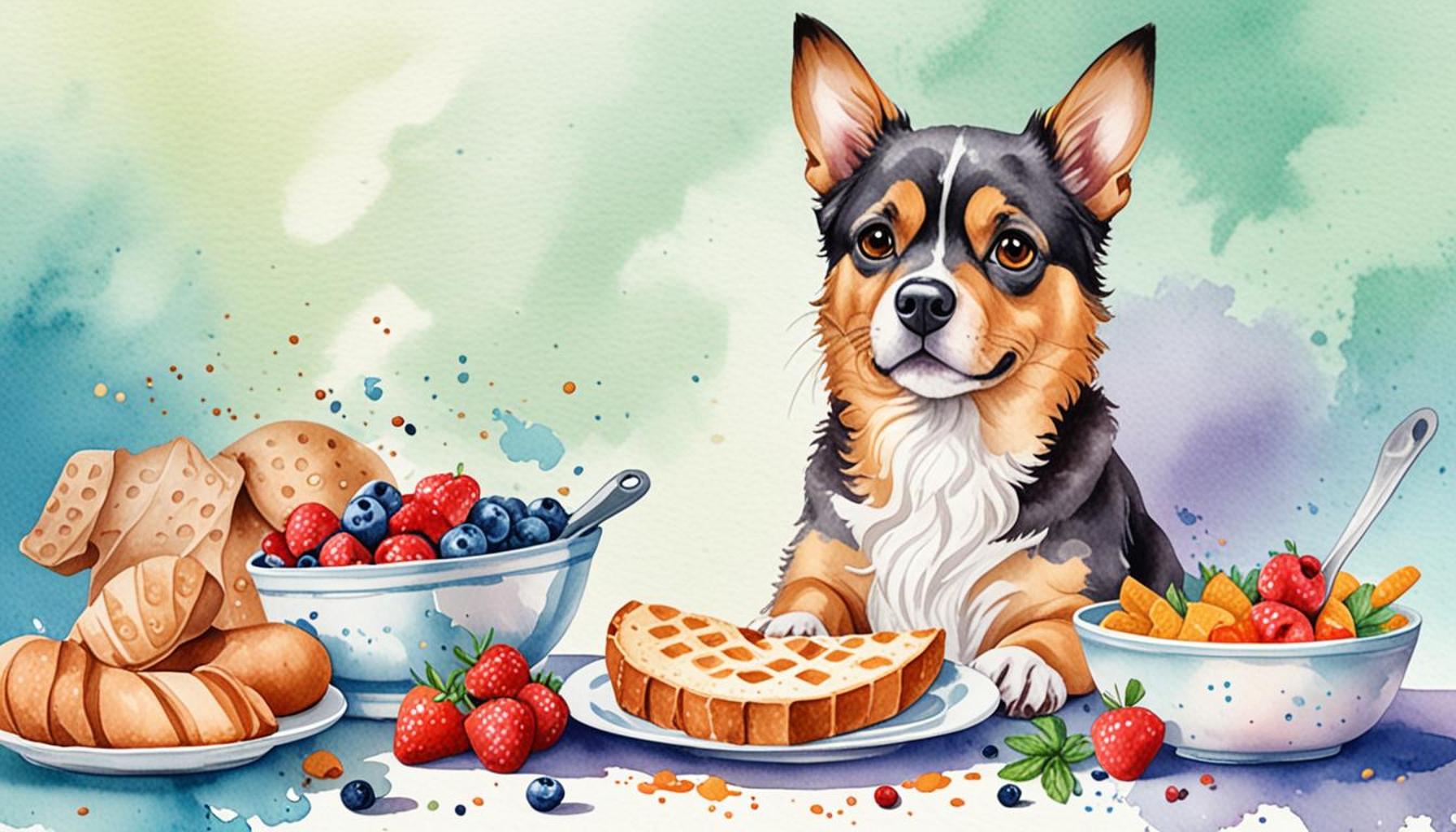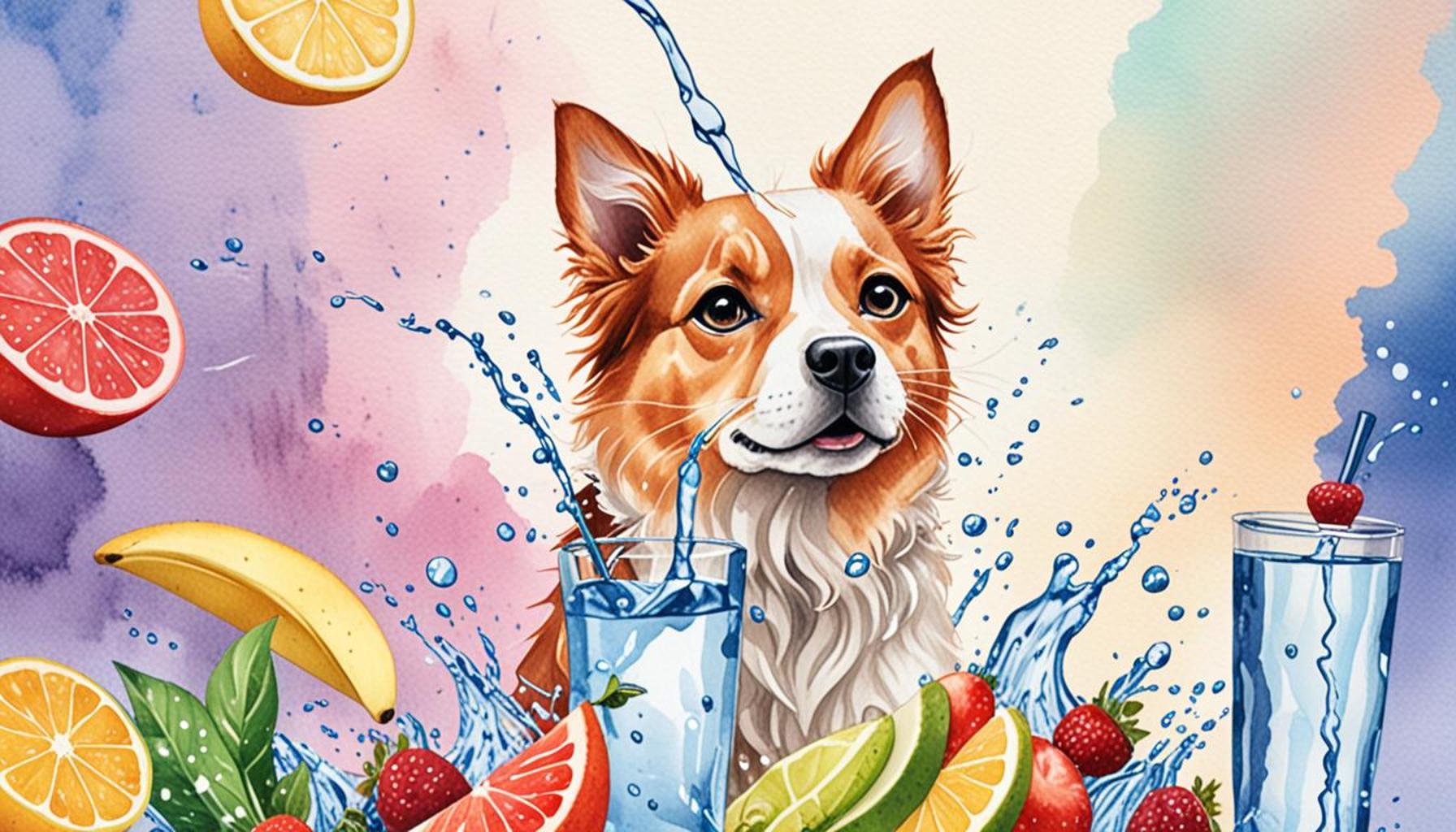Personalized Diets: Creating a Nutritional Plan for Your Pet
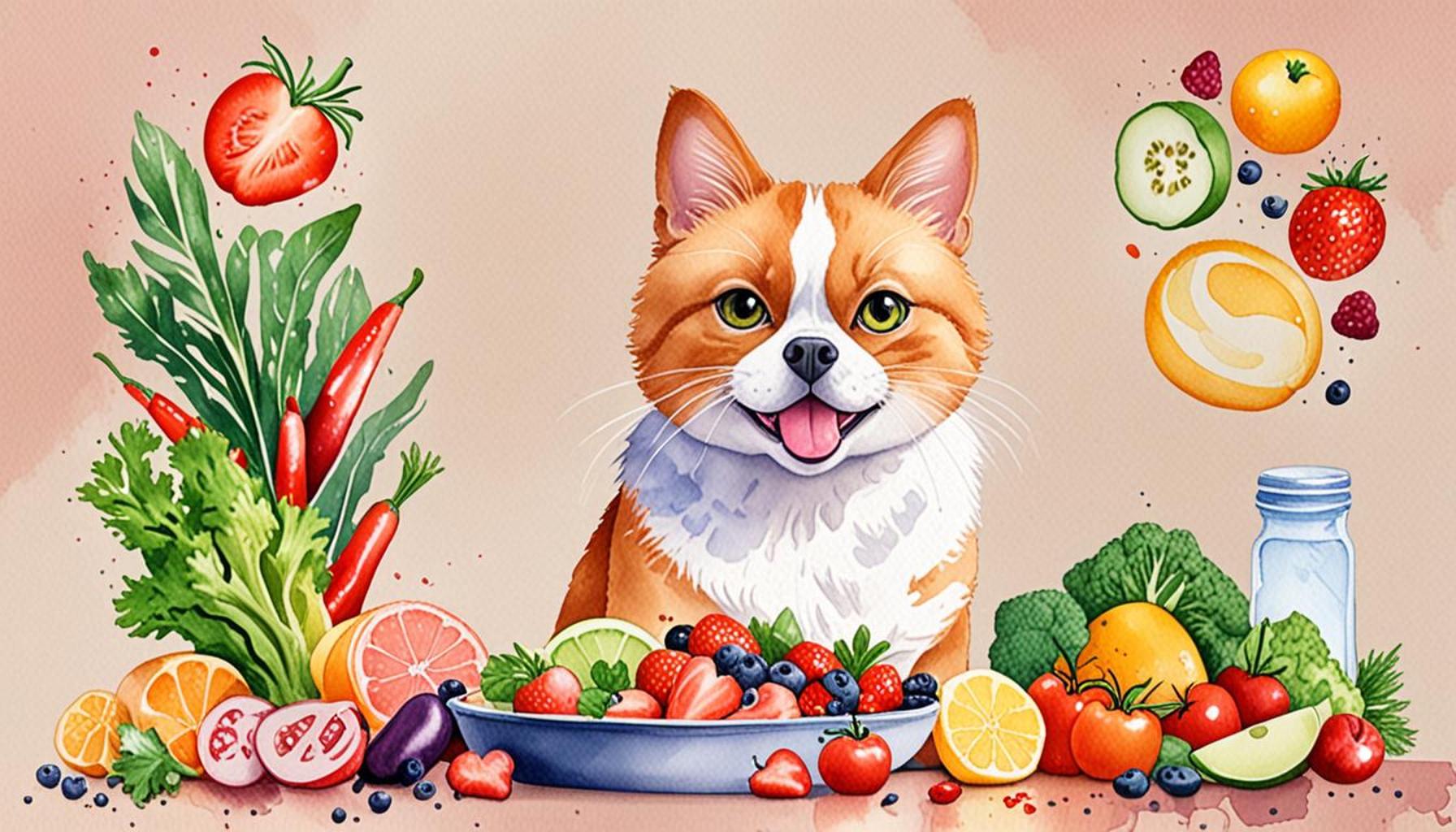
The Importance of Tailored Nutrition for Pets
As pet owners become more discerning about their pets’ diets, the notion of personalized diets is gaining significant traction. Tailoring a diet to suit the unique nutritional needs of your pet is not just a trend; it is quickly becoming a crucial aspect of responsible pet ownership. Just as no two humans have the same dietary needs, each pet is distinct and requires specific nutrients to thrive.
Implementing a customized nutritional plan can have numerous benefits for your pet, enhancing their:
- Overall health: Proper nutrition is integral to preventing various diseases. For instance, diets rich in antioxidants can be essential for preventing age-related conditions.
- Energy levels: Active pets, like working dogs, benefit significantly from calorie-dense foods that provide the stamina necessary for their daily activities.
- Longevity: Studies have shown that pets on balanced diets live longer, healthier lives. A study published in the Journal of Veterinary Internal Medicine noted that dogs fed a carefully balanced diet exhibited significantly reduced old-age health issues.
To create the best diet for your furry friend, it’s important to consider several key factors that influence their individual dietary requirements:
- Age: Nutritional needs vary by life stage; for example, puppies require higher levels of protein and fat to support their rapid growth, whereas senior pets may need a diet lower in calories but higher in fiber to aid digestion and maintain weight.
- Breed: Different breeds have specific characteristics that dictate their dietary needs. For example, large breeds may be prone to joint issues and sometimes require diets that support joint health, while small breeds might need higher energy content in their food.
- Weight: Weight management is essential for overall health. Overweight pets may need a special weight-reduction formula, while underweight pets may benefit from calorie-rich options. Regular consultations with a veterinarian can help guide these dietary adjustments.
As consumers in the United States invest more in high-quality food options, the demand for personalized nutrition is on the rise. Many pet owners are now opting for specialized diet formulations based on veterinary advice, and companies are responding with tailored products. Some pet food brands even offer customized meals based on an online questionnaire about the pet’s lifestyle, preferences, and health conditions, creating a bespoke feeding experience.
Ultimately, discovering how to create the ideal diet for your pet not only enhances their happiness but also significantly elevates their quality of life. With more resources and information available than ever, diving deeper into the realm of personalized pet diets can be a rewarding venture. Consider engaging with your veterinarian to fine-tune your pet’s nutritional plan today, ensuring a healthier, happier tomorrow.
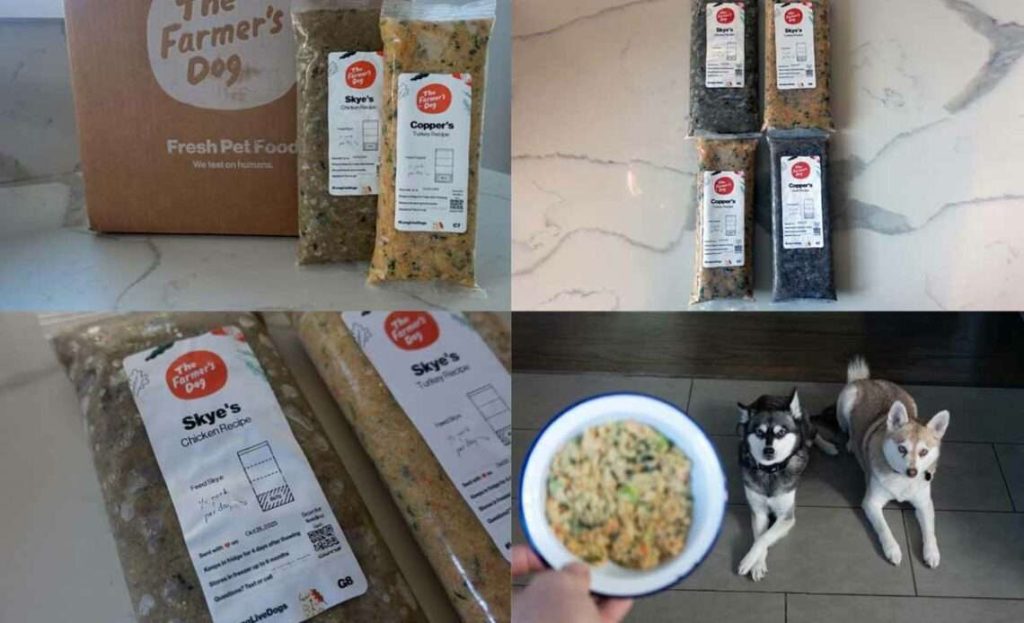
DISCOVER MORE: Click here for insights on pet activity and health
Understanding Your Pet’s Unique Nutritional Needs
Creating a personalized diet for your pet involves much more than simply selecting a bag of kibble from a store shelf. It requires a deep understanding of what your animal needs nutritionally to thrive at every stage of their life. The importance of customized nutrition cannot be overstated; it forms the very foundation for ensuring that your pet can live a vibrant, active, and healthy life.
One of the initial steps in crafting a personalized diet is to assess your pet’s overall health. Factors such as existing health conditions, allergies, and specific dietary restrictions must be taken into account. A consultation with your veterinarian is indispensable, as they can recommend precise dietary guidelines tailored to your pet’s health profile. Whether your pet suffers from food sensitivities or conditions like obesity, arthritis, or diabetes, a specialized diet can make all the difference.
Moreover, understanding your pet’s lifestyle is equally critical. An active dog that accompanies you on long runs will have vastly different nutritional needs than a sedentary cat that prefers lounging at home. Here are some vital aspects to consider:
- Activity Level: More energetic pets require a diet that provides additional calories to support their vigorous lifestyle. Athletes, such as working dogs or agility competitors, often benefit from foods rich in protein and fat.
- Environmental Factors: Pets living in colder climates may need diets that offer higher calorie content to maintain their energy levels in the winter. Conversely, pets in hotter climates may require foods formulated to prevent overheating, including those with lower protein and fat content.
- Health History: Pets with a history of medical issues may require specific nutrients to manage their conditions. For example, dogs with kidney disease may need diets lower in protein to reduce strain on their kidneys.
The rising trend of personalized pet diets extends to a variety of feeding methods, from commercially available tailored foods to home-cooked meals designed by pet owners. For pet owners who want to take a more hands-on approach, it’s worth exploring homemade diets with the guidance of veterinary nutritionists. They can help you balance ingredients effectively to meet all of your pet’s nutritional requirements while ensuring that the meals are both tasty and healthy.
As consumer demands shift towards higher-quality, tailored pet foods, several brands now offer options that allow pet owners to customize their pets’ meals. Options range from pre-packaged, tailored recipes to subscription services that deliver personalized meals based on your pet’s profile. This innovation not only caters to diverse pet needs but also helps foster long-lasting health benefits.
In exploring these personalized diet options, pet owners are empowered to create an exciting, nutritious eating experience for their beloved companions. By understanding each aspect that influences your pet’s dietary needs—be it their age, breed, or individual lifestyle—you are on the path to developing a specialized nutritional plan that can significantly enhance their quality of life.
| Advantages | Description |
|---|---|
| Tailored Nutrition | A personalized diet ensures that your pet receives the right balance of nutrients suited to their specific needs. |
| Improved Health | Custom nutritional plans can lead to better overall health, enhancing your pet’s quality of life and longevity. |
| Weight Management | Maintaining a healthy weight is crucial, and a tailored diet helps prevent obesity in pets, ensuring they stay fit and active. |
| Allergy Considerations | Personalized diets allow for the elimination of allergens, helping pets with food sensitivities thrive. |
Creating a nutritional plan for your pet isn’t just an option; it’s a necessity for responsible pet ownership. Each pet is unique, and their dietary needs may vary based on age, breed, activity level, and health conditions. By adopting a more personalized approach to pet nutrition, you empower yourself to provide not just food, but a comprehensive health strategy that encompasses every aspect of your furry friend’s wellbeing. From the selection of ingredients to portion sizes, each choice you make in their diet contributes to their energy levels, mood, and development.Moreover, periodic reviews of your pet’s dietary intake help to adapt their nutritional plan as lifestyle changes occur. Whether your dog is transitioning into adulthood or your aging cat is facing different health challenges, updating their diet can have a remarkable impact on their vitality. This proactive approach in tailoring their meals not only addresses their current needs but also paves the way for an overall healthier future. Explore more about the science of pet nutrition, and you might discover just how beneficial a personalized diet can be for your beloved companion.
DISCOVER MORE: Click here to learn how pets enhance our empathy
Customizing Meal Plans: Practical Steps for Pet Owners
Once you have a sound understanding of your pet’s unique nutritional needs, the next step is to customize their meal plan to ensure it meets those specific requirements. Tailoring a nutritional regimen isn’t a one-size-fits-all approach, and it can incorporate a variety of feeding strategies, from meticulously measured portions of commercial diets to thoughtfully crafted homemade recipes.
To start the meal-planning process, it’s essential to consider portion control. This can greatly affect your pet’s weight management and overall health. Overfeeding leads to various health issues, including obesity, which is a growing concern in the United States; according to the Association for Pet Obesity Prevention, an estimated 56% of dogs and 60% of cats in the U.S. are considered overweight or obese. Measuring food portions based on your pet’s ideal body weight helps manage their calories effectively. A veterinarian can provide you with precise portion recommendations tailored to your pet’s age, breed, activity level, and health status.
In addition to portion control, consider ingredient diversity in your pet’s diet. Just as humans benefit from a varied diet, pets also thrive on a wide range of nutrients that come from different food sources. Proteins, carbohydrates, fats, vitamins, and minerals all play critical roles in your pet’s development. For example, provide lean proteins from sources such as chicken, turkey, or fish, along with healthy grains like brown rice or oats. Vegetables, such as carrots, peas, and spinach, can offer additional vitamins and fiber without adding excessive calories.
For those interested in home-cooked diets, it is vital to consult with a veterinary nutritionist who can assist in creating balanced meals. Feeding pets involves more than simply throwing together a meal; it means ensuring that all necessary nutrients are included in appropriate ratios. Certain nutrients, like calcium and phosphorus, are essential for bone health, while the right balance of fatty acids supports skin and coat health.
Another practical option is utilizing personalized pet food services that have recently gained popularity. These brands provide custom meal plans based on your pet’s specific needs. By answering a series of thoughtful questions regarding your pet’s health, preferences, and lifestyle, you can receive meals that are formulated to suit your pet perfectly. More than just convenience, these services often use high-quality ingredients and offer various flavors and textures, catering to the tastes of even the pickiest eaters.
Monitoring your pet’s reaction to their new diet is crucial. Keep an eye on their energy levels, digestion, and even their coat condition to see how they respond to the dietary changes. Gradual changes are often recommended; sudden shifts in diet can lead to gastrointestinal upset. Start by introducing new foods incrementally over several days or weeks, allowing your pet’s system to adjust smoothly.
In sum, creating a personalized diet for your pet involves a blend of scientific knowledge, pragmatic meal planning, and careful observation of your pet’s reactions. The rewards of investing time and effort into their nutrition are profound—a happier, healthier pet ready to embark on countless adventures with you.
DISCOVER MORE: Click here to learn about the healing power of pets
Conclusion
As we navigate the intricate landscape of pet nutrition, it’s evident that personalized diets play a pivotal role in enhancing the health and happiness of our furry companions. By understanding the unique needs of each pet, from their age and breed to their activity level and health concerns, pet owners can create customized meal plans that support optimal well-being. Portion control, ingredient diversity, and the consideration of various feeding strategies are essential elements in tailoring the right diet.
Moreover, the emergence of personalized pet food services has paved the way for more effortless and effective meal planning, allowing owners to provide their pets with balanced, high-quality nutrition without the guesswork. Engaging with veterinary nutritionists can further enhance meal preparations for those opting for home-cooked options, ensuring that every bite delivers essential nutrients.
Monitoring your pet’s response to dietary changes is equally crucial. By keeping track of their energy levels, digestion, and overall health, owners can make informed adjustments to ensure their pet thrives. The personal investment in creating a thoughtful and tailored nutritional plan transcends mere feeding; it fosters a stronger bond between owner and pet, paving the way for longer, healthier lives together.
In a world where pet owners strive for the best for their companions, embracing a personalized approach to pet diets is not just an option; it’s a profound commitment to their well-being. Discovering new insights into pet nutrition not only equips you with the tools to make informed decisions but also creates a healthier lifestyle for your beloved pet.

